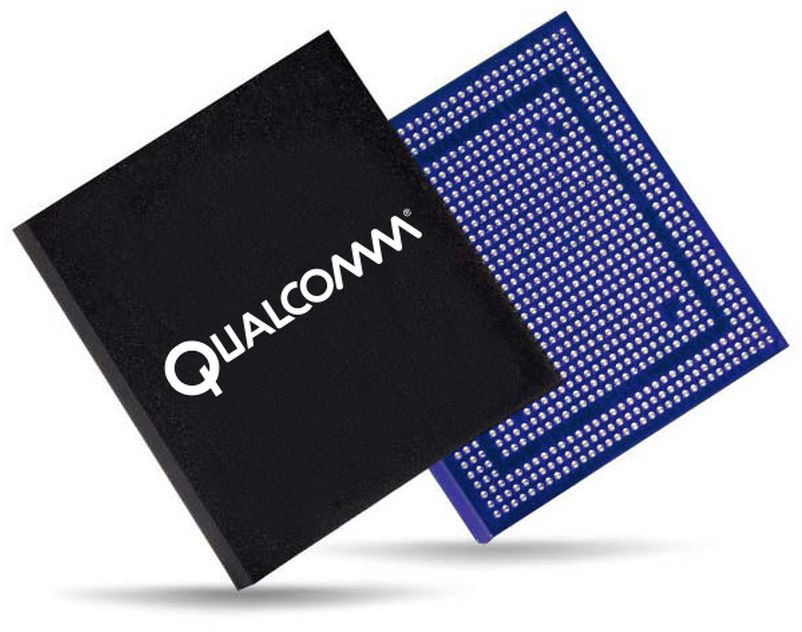Another defeat for the Qualcomm. Today the European Commission imposed a fine of 997 million (~ R $ 3.9 billion) after finishing an investigation that began in 2015. According to European antitrust regulators, Qualcomm paid billions for Apple not to use chips from competing companies, such as those from Intel.
According to the commission, the investigation covered the period from 2011 to 2016 (the first contract between Qualcomm and Apple in these terms took place in 2011, being renewed in 2013 until 2016) and took into account the total dominance of the broadband chipset market LTE by Qualcomm.

“Qualcomm paid billions of dollars to a key customer, Apple, for it not to buy from rivals. These payments were not just price reductions, they were made on the condition that Apple uses only the chipsets of baseband from Qualcomm on all its iPhones and iPads, ”said European competition commissioner Margrethe Vestager in a statement. “This meant that no rival could effectively challenge Qualcomm in that market, regardless of whether its products are good. Qualcomm's behavior has denied consumers and other companies more options and innovations in an industry with high demand and potential for innovative technologies. This is illegal under EU antitrust rules and the reason why we made today's decision, ”added Vestager.
To give you an idea, the amount of the fine represents 4.9% of Qualcomm's turnover in 2017, obviously the company can still appeal and, that amount, will be changed.
Also according to Vestager, there will be no repercussions for Apple in this case, which I found somewhat strange, since Apple apparently accepted this condition of receiving the money and not using competitor chips, which would put it in a somewhat polemical position.
It is worth noting that, although it seems, this fine imposed by the European Commission has nothing to do with the Apple case vs. Qualcomm widely publicized here on . In this, Ma accuses chip makers of charging royalties tall and unfair.
via Reuters, The Next Web
